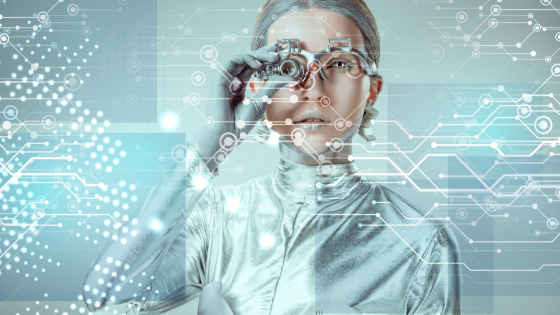Generative AI is enabling several ways for people in need of mental health attention or treatment to seek professional help and care.
Over recent years, mental health issues have become more widespread, but unfortunately, there are not enough trained or qualified medical professionals to attend to the growing number of people who need help.
“Today, 21% of US adults reported experiencing a mental illness, and one in ten youth report mental illness severely impacting their life. Yet, only one mental healthcare professional currently exists for every 350 people,” a report by Psychology Today shows.
AI is Unlocking New Doors for Mental Health Care
The use of AI technology in this regard may appear contentious to some people at this stage, but it offers new opportunities to improve mental healthcare.
Mental health professionals or organisations can leverage generative AI solutions in a number of ways for more efficiency. For instance, the technology can be used in assessing and personalising new therapy methods and treatment plans to better suit people with individual cases.
“Trained on clinical data, generative AI could aid in psychiatric diagnosis, medication management, and psychotherapy,” according to Psychology Today.
Generative AI can also be used in developing robot therapists and chatbots that not only can attend to people anytime, anywhere, but also could save them the high cost of seeing a human mental health professional. This could also be helpful for people who are hesitant to see a therapist for one reason or another.
AI E-Wearable Could be a Game-Changer
AI-infused e-wearables are one other innovation that could make a significant difference in how people receive the mental health attention they need.
E-wearables like smartwatches, pendants or tags, etc., are something people wear almost every day. Incorporating generative AI algorithms into these devices essentially assigns digital assistance to assess people’s mental state continuously for as long as they wear the device.
Over the past months, we have seen more development in the area of robo-therapists and chatbots but not so much in AI-infused e-wearables specifically designed for mental healthcare. While there may be controversies on what and how data are collected, AI e-wearables are technologically possible and can significantly improve mental healthcare.





